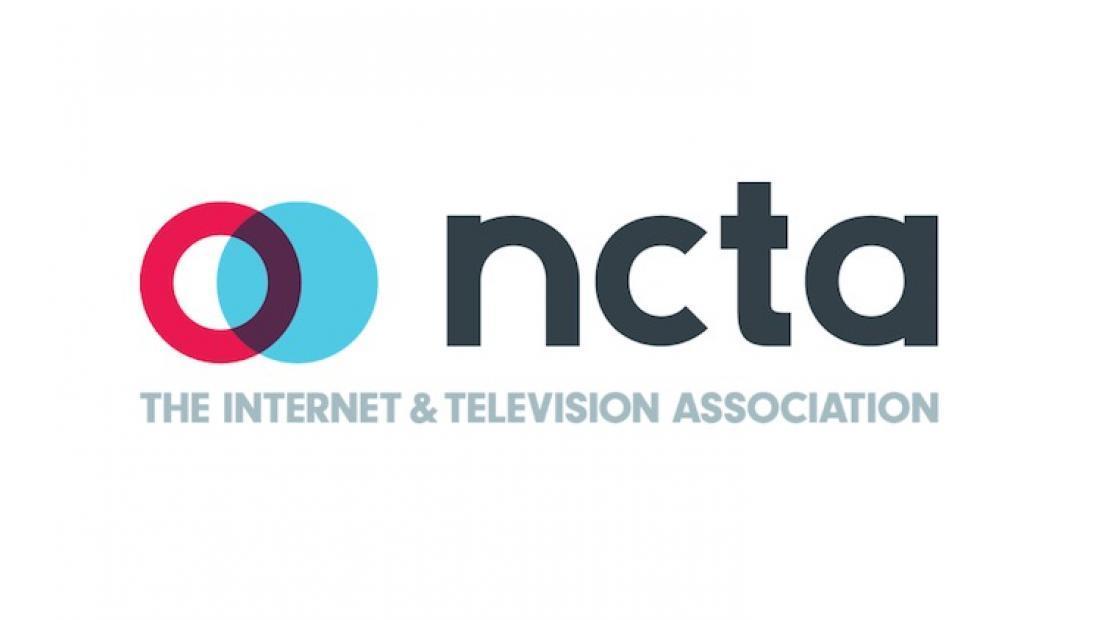NAB to FCC: Reject Cable ATSC 3.0 Recon Petitions

The smarter way to stay on top of broadcasting and cable industry. Sign up below
You are now subscribed
Your newsletter sign-up was successful
Broadcasters have asked the FCC to dismiss cable operator petitions to reconsider parts of its framework for allowing broadcasters to roll out the new ATSC 3.0 transmission standard, saying cable ops are simply rehashing rejected positions in order to get different results.

In comments on requests by NCTA-The Television & Internet Association, the American Cable Association and the American TV Alliance for the FCC to review and modify that framework, the National Association of Broadcasters said that the cable ops were "not so much petitions for reconsideration as they are airings of grievances, intended to remind the Commission that
NCTA and ATVA would have preferred a different outcome in this proceeding."
March 5 marked the official start of the ATSC 3.0 voluntary rollout, but it was just the latest marker in the battle among broadcasters, cable operators and computer companies over how the new advanced broadcast transmission standard should be allowed to unfold.
There are several bones to pick between broadcasting and cable. Primary among those is joint retransmission-consent negotiations that can tie carriage of the new ATSC 3.0 signals to those of the anchor ATSC 1.0 signals.

Cable operators are worried that combining that with a vague simulcast requirement with some wiggle room might force cable operators to carry the ATSC 3.0 signal to get some must-have programming, and asked the FCC to rethink that, as well as asking the commission not to allow broadcasters to reserve spare channel space for ATSC 3.0 transmissions.
NAB calls that a cable effort at regulatory arbitrage--trying to tilt the retrans regime in favor of cable. "This is a transparently unreasonable position that the Commission properly rejected in its Order.
The smarter way to stay on top of broadcasting and cable industry. Sign up below
"NCTA and ATVA have repeatedly sought to impose remedies for market failures with absolutely no evidence that such failures have or will occur," NAB said.
In a petition asking the FCC to reconsider the decision allowing broadcasters to bundle their old and new signal into re-trans deals, cable ops argued the move “shifts the costs and burdens of this new standard onto cable operators and the viewing public.” The FCC has also said it would entertain waivers of the simulcast requirement for full-power stations on a case-by-case basis. Broadcasters are all for that flexibility.
Related: NAB Says TV's Need Simulcast Flexibility
Cable operators are siding with the computer companies seeking more TV band spectrum for WiFi--WiFi hotspots are still cable's biggest mobile broadband play, though they are moving into traditional offerings as well. NCTA told the FCC that letting broadcasters use more spectrum temporarily as they transition to ATSC 3.0 — if they do — would be “at odds with the point of the spectrum auction and repacking, which was to recapture spectrum from the broadcast band for alternative wireless uses.”
"If NCTA actually cared about viewers, as it claims to," said NAB in its comments, "it would wholeheartedly endorse the use of additional channels that could help minimize consumer disruption."
Contributing editor John Eggerton has been an editor and/or writer on media regulation, legislation and policy for over four decades, including covering the FCC, FTC, Congress, the major media trade associations, and the federal courts. In addition to Multichannel News and Broadcasting + Cable, his work has appeared in Radio World, TV Technology, TV Fax, This Week in Consumer Electronics, Variety and the Encyclopedia Britannica.

